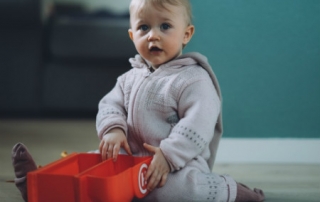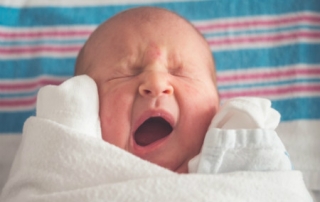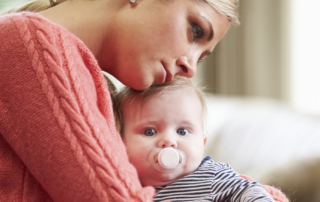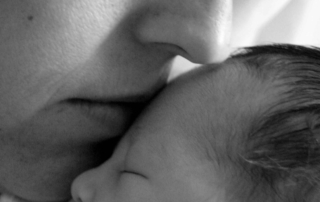Postpartum Depression and Bonding Difficulties: Different but Interrelated Problems
A mother’s emotional relationship with her baby begins during her pregnancy. The mother’s feelings about her baby, described as bonding, typically grow and intensify after the baby’s birth and become the foundation of the mother’s relationship with her child.





